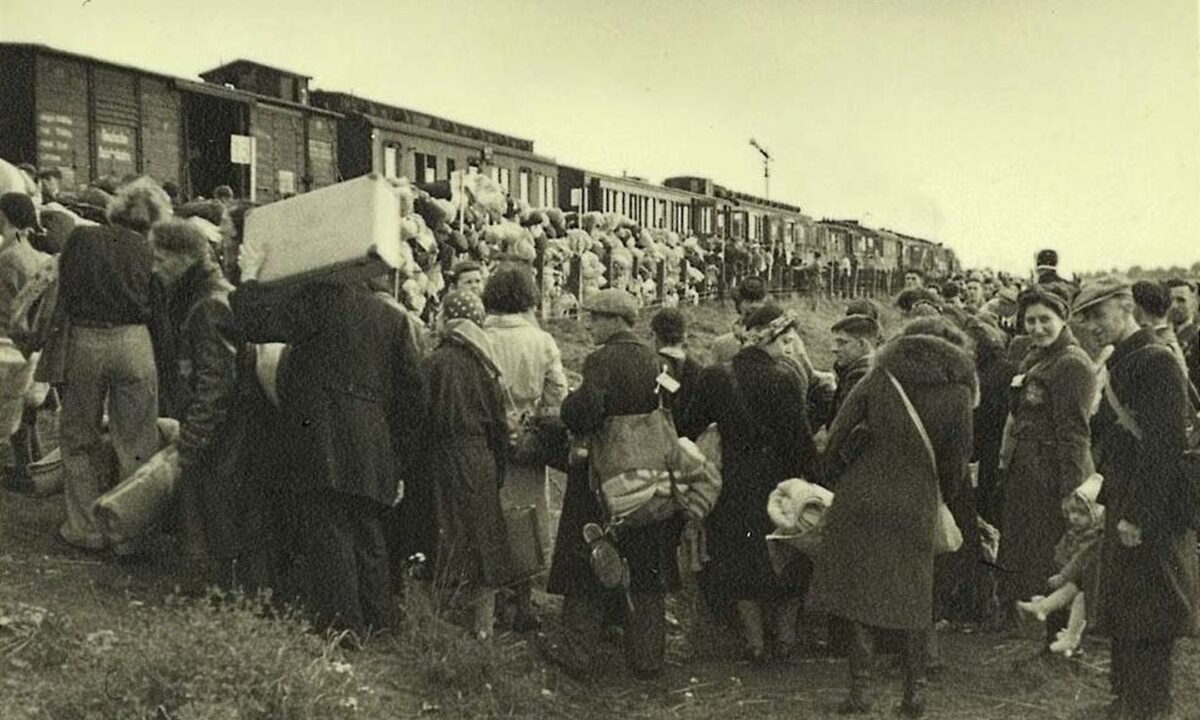Roger Van Boxtel, the chief executive officer of the Dutch national railway company, Nederlandse Spoorwegen (NS), would do well to stop in his tracks and reconsider one of his recent decisions.
Last month, NS announced it would donate five million euros ($5.6 million) to four Dutch centers dedicated to combating antisemitism and memorializing the Holocaust, which wiped out three-quarters of the Jewish community in Holland, the highest death rate in Western Europe.
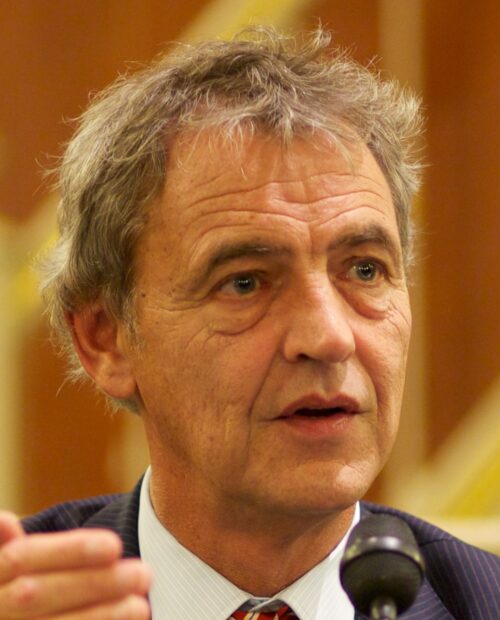
NS was a major participant in that horrific process. Its railway transported Jews to the Westerbork detention camp, and from there, they were taken by Reichbahn trains to Nazi concentration camps in German-occupied Poland.
Absent NS’ complicity, the Nazis would have been hard-pressed to carry out the Final Solution in Holland. But the crime committed by NS was hardly unique. The national railroads of virtually every country occupied by Germany participated in Adolf Hitler’s genocidal project to cleanse Europe of its Jewish population. By all accounts, NS reaped a handsome profit from taking part in the killing of more than 100,000 Dutch Jews.
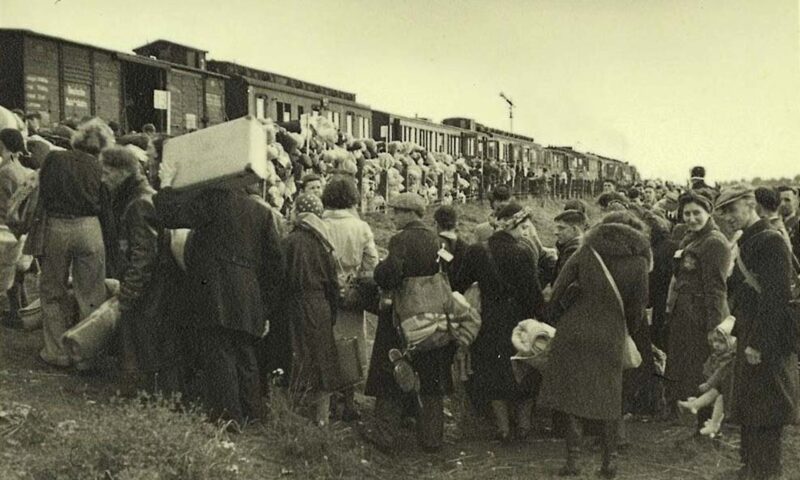
NS, in 2005, belatedly, apologized for its role in these despicable deportations. Last year, NS went one step further and announced that 500 Dutch survivors of the Holocaust would each receive 15,000 euros, and that widows and widowers of victims would be eligible for payments of 7,500 euros.
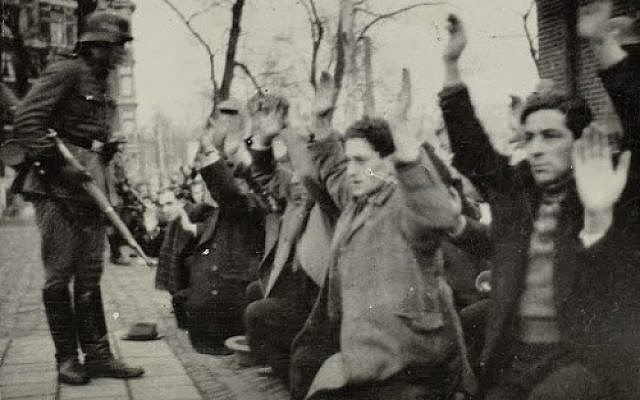
These were relatively modest sums, considering the enormity of NS’ collusion in the Holocaust, but as gestures of contrition they had some impact on the lives of the survivors, their spouses and their children.

NS’ latest announcement, sincere though it may have been, drew criticism from the World Jewish Restitution Organization. Its chairman, Gideon Taylor, described it as disappointing.
Taylor’s complaint is that NS failed to consult Jewish organizations and representatives of survivors before reaching a decision on the exact allocation of funds. He believes that a donation to assist “survivors and to support the Dutch Jewish community, which was devastated by the Holocaust,” would have been more helpful. One can only presume that Taylor, given his enormous experience in these matters, is right.
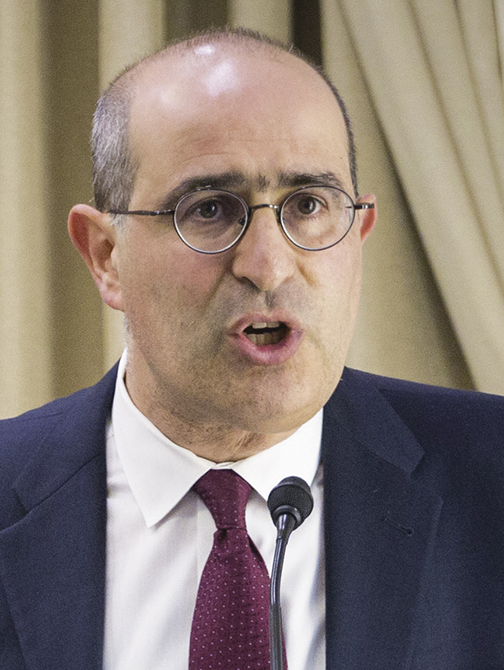
According to Taylor, NS did not bother discussing any of these issues with his organization or Holland’s Jewish community. NS’ faux pas was either an honest oversight or a calculated snub.
Whatever the case, NS can easily resolve the problem by discussing this issue with the World Jewish Restitution Organization so that a mutually satisfactory outcome can be achieved as soon as possible.
The ball is in NS’ court because, as Taylor correctly pointed out, NS has yet to fully come to terms with “a history” that resulted in the deaths of tens of thousands of Dutch Jews.
This is a legacy that NS must address in a definitive and humane manner.
